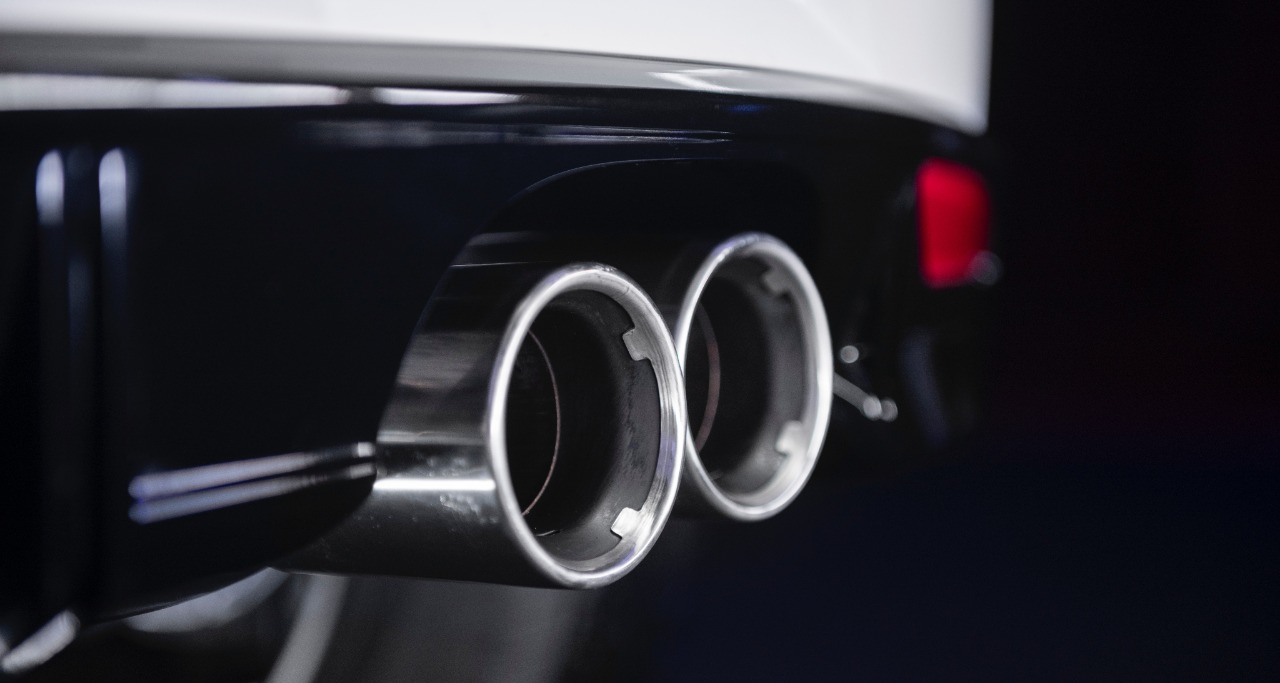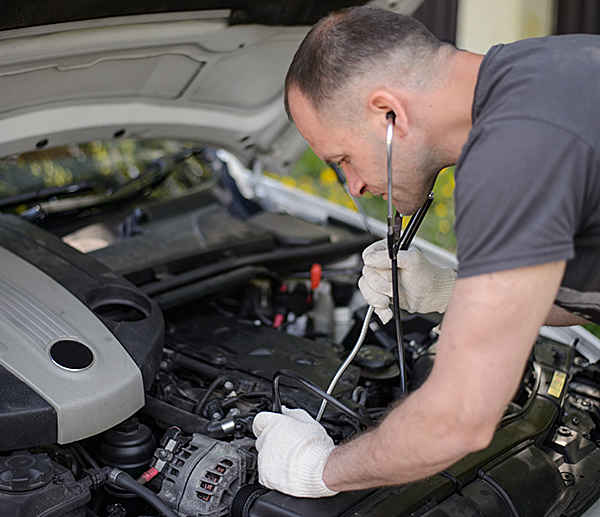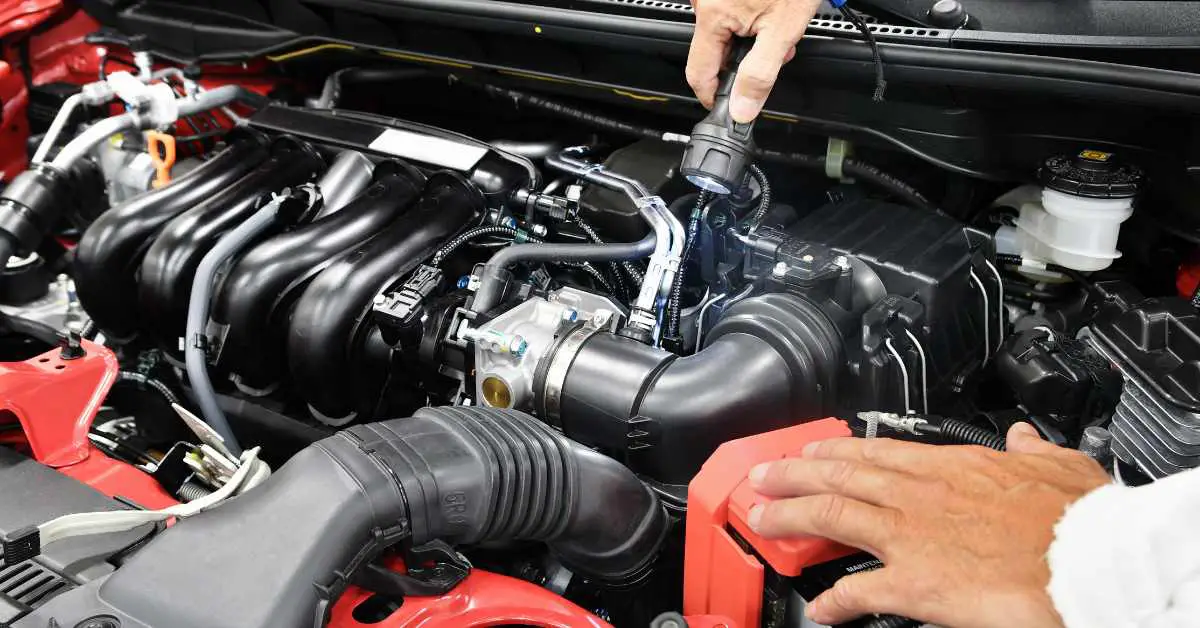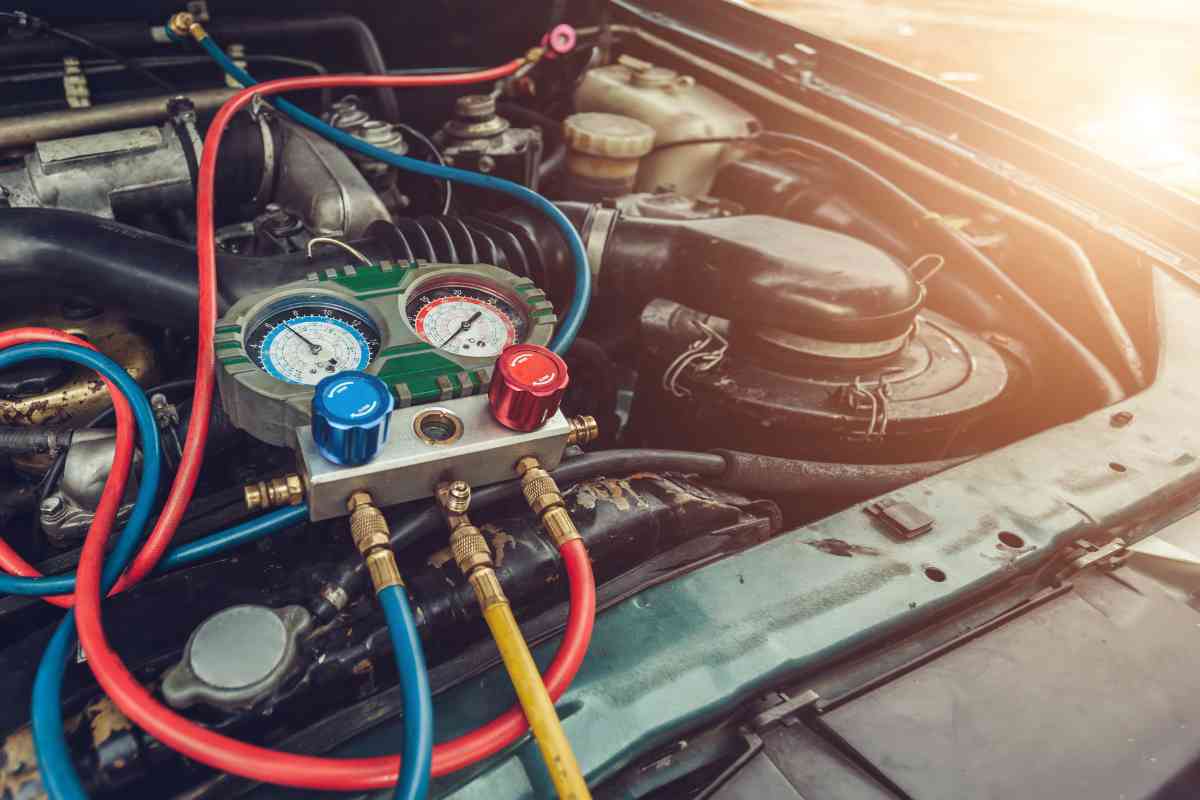Brilliant Info About Why Is My Motor So Loud

Car Engine Goes From Normal To Very Loud
Why is My Motor So Loud? A Guide to Quieting Down Your Machine
Okay, let's face it: nobody enjoys a noisy motor. Whether it's in your car, your refrigerator, or even a small appliance, that racket can be incredibly annoying. You start wondering, "Is it supposed to sound like that? Is it about to explode?" Don't worry, you're not alone! Figuring out why your motor is making all that noise is the first step to fixing it — and hopefully, restoring some peace and quiet to your life.
1. What's That Racket? Common Culprits
So, what exactly is causing all that commotion? Well, motors are complex little contraptions with lots of moving parts, and any one of those parts could be the source of the problem. Here are some of the usual suspects:
Worn Bearings: Bearings are like the tiny wheels that allow the motor shaft to spin smoothly. Over time, these little guys can wear out, becoming loose and noisy. Imagine a skateboard with rusty wheels — that's kind of what worn bearings sound like, a sort of grinding or rumbling noise. Ignoring worn bearings for too long can lead to bigger problems and potentially a complete motor failure. Think of it as ignoring that squeaky hinge on your door, eventually, the door could fall apart!
Loose Components: Sometimes, the noise isn't coming from inside the motor itself, but rather from something that's come loose on the outside. A loose fan blade, a rattling cover, or even a vibrating mounting bracket can all create a surprising amount of noise. It's like that annoying rattle in your car that you can never quite locate — frustrating!
Unbalanced Rotor: The rotor is the spinning part of the motor. If it's not properly balanced, it can cause vibrations and noise. This is similar to when your washing machine goes into a frenzy during the spin cycle if the clothes aren't evenly distributed. An unbalanced rotor can put extra stress on the motor's bearings and other components, leading to premature wear and tear. It's kind of like trying to run a marathon with one shoe tied way tighter than the other — eventually, something's going to give!
Electrical Issues: Sometimes, the noise can be caused by electrical problems within the motor. Short circuits, arcing, or loose connections can all create buzzing or humming sounds. If you suspect an electrical issue, it's crucial to proceed with caution, as electricity can be dangerous. Always disconnect the power source before attempting any troubleshooting.2. Listen Up! Diagnosing the Sound
To get to the bottom of your noisy motor issue, you'll need to become a noise detective! Start by carefully listening to the sound and trying to pinpoint where it's coming from. Consider these factors:
Type of Noise: Is it a grinding, squealing, humming, buzzing, or rattling sound? Different sounds can indicate different problems. A grinding sound often points to worn bearings, while a squealing sound could be a sign of a slipping belt (if the motor uses one). A humming sound might indicate an electrical issue. The more descriptive you can be about the sound, the easier it will be to narrow down the possibilities. Think of it like describing a symptom to a doctor; the more details you provide, the better the doctor can diagnose the problem.
When Does It Happen?: Does the noise occur all the time, or only under certain conditions (e.g., when the motor is starting up, running at high speed, or under load)? If the noise only happens when the motor is under load, it might indicate a problem with the motor's ability to handle the workload. If it only happens during startup, it could be related to the starting mechanism. Paying attention to when the noise occurs can provide valuable clues about the source of the problem.
Location of the Noise: Can you tell if the noise is coming from inside the motor itself, or from a specific part of the motor (e.g., the fan, the bearings, the electrical connections)? Use a screwdriver or a mechanic's stethoscope (carefully!) to isolate the location of the noise. By pinpointing the source of the noise, you can focus your troubleshooting efforts on the specific area of the motor that's causing the problem.
Any Other Symptoms?: Is the motor overheating, vibrating excessively, or losing power? These additional symptoms can provide further insights into the underlying cause of the noise. For example, if the motor is overheating along with making strange noises, it might indicate a problem with the motor's cooling system. If it's vibrating excessively, it could be due to an unbalanced rotor or worn bearings. Considering all the symptoms together can help you paint a more complete picture of the problem.3. Time to Get Your Hands Dirty (Safely!)
Once you've done some sleuthing, it's time to roll up your sleeves and take a closer look. But remember, safety first! Always disconnect the power source before attempting any repairs. If you're not comfortable working with electricity or machinery, it's best to consult a qualified technician.
Check for Loose Components: Start by visually inspecting the motor and its surrounding components. Look for anything that's obviously loose, broken, or damaged. Tighten any loose screws or bolts, and replace any damaged parts. Give everything a good wiggle to see if anything seems unsteady. Sometimes, the solution is as simple as tightening a few screws.
Inspect the Bearings: If you suspect worn bearings, you can try to test them by spinning the motor shaft by hand. If the shaft feels rough or gritty, or if you can hear a grinding noise, the bearings are likely worn and need to be replaced. Replacing bearings can be a bit tricky, so you might want to consult a professional or watch some instructional videos before attempting it yourself.
Balance the Rotor: Balancing a rotor typically requires specialized equipment, so it's usually best left to a professional. However, if you suspect an unbalanced rotor and you're feeling adventurous, you can try to balance it yourself by adding small weights to the rotor until it spins smoothly. There are various online resources that can guide you through the process. However, proceed with caution, as improper balancing can cause further damage to the motor.
Check Electrical Connections: Visually inspect the electrical connections for any signs of corrosion, damage, or looseness. Clean any corroded connections with a wire brush and tighten any loose connections. If you suspect a short circuit, you can use a multimeter to test the continuity of the wires. However, be extremely careful when working with electricity, and always disconnect the power source before performing any tests.4. When to Call in the Pros
Let's be honest: sometimes, fixing a noisy motor is beyond the scope of the average DIYer. If you're not comfortable working with electricity, or if you've tried the above steps and the noise persists, it's time to call in a professional. A qualified technician will have the expertise and equipment to diagnose and repair the problem safely and effectively.
Consider it a small investment in the long-term health of your appliance or machine. Sometimes, trying to fix it yourself can actually make the problem worse, leading to more costly repairs down the road. It's better to be safe than sorry!
Plus, they can often identify underlying issues that you might have missed, preventing future problems. It's like taking your car to a mechanic for a checkup — they can spot potential problems before they become major headaches.
Don't be afraid to ask questions and get a quote before committing to any repairs. A reputable technician will be happy to explain the problem in detail and provide you with a fair estimate of the cost of repairs.
Ultimately, the decision of whether to tackle the repair yourself or call in a pro depends on your skill level, comfort level, and the complexity of the problem. But remember, safety and effectiveness should always be your top priorities.

Why Is My Car Engine So Loud?
FAQ
5. Frequently Asked Questions About Noisy Motors
Still scratching your head? Here are some frequently asked questions to help you better understand your noisy motor situation:
Q: Can a noisy motor be dangerous?
A: Yes, it certainly can! A noisy motor can indicate underlying problems that could lead to overheating, electrical shorts, or even complete motor failure. Ignoring the noise could potentially lead to a fire hazard or damage to other components of the appliance or machine. It's always best to investigate the noise and address any issues promptly.
Q: Is it worth repairing a noisy motor, or should I just replace the entire appliance/machine?
A: That depends on several factors, including the age and value of the appliance/machine, the cost of repairs, and your budget. If the appliance/machine is relatively new and expensive, it's usually worth considering repairs. However, if it's old and inexpensive, or if the cost of repairs is close to the cost of a new appliance/machine, it might be more economical to replace it.
Q: How can I prevent my motor from becoming noisy in the first place?
A: Regular maintenance is key! Keep your motor clean, lubricated, and properly adjusted. Avoid overloading the motor, and make sure it's properly ventilated. By taking good care of your motor, you can extend its lifespan and prevent it from becoming noisy or malfunctioning.


Why Is My Car Engine So Loud? (Explained)

